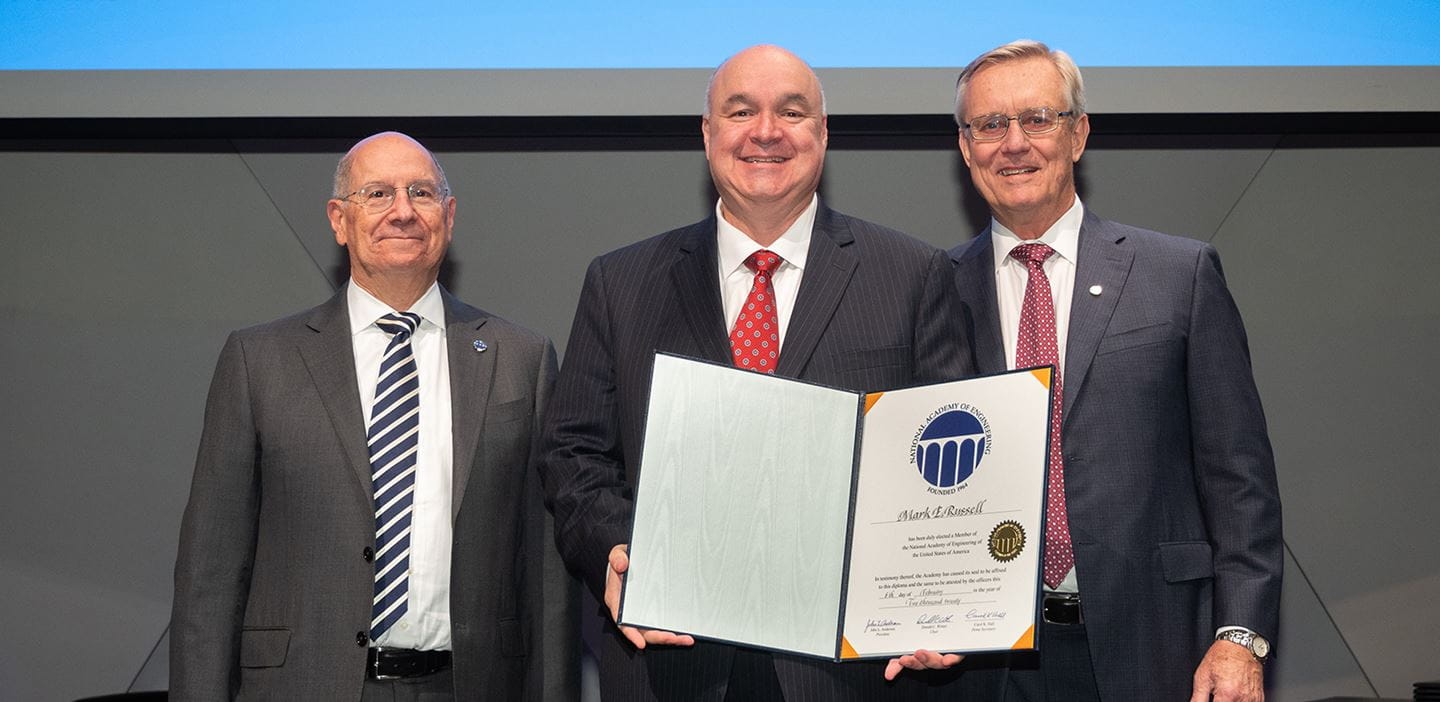Want to lead engineers? You’d better know your stuff
Career advice from Raytheon Technologies CTO Mark E. Russell
Mark E. Russell, chief technology officer and the head of Technology & Global Engineering at Raytheon Technologies, has been inducted into the National Academy of Engineering for his leadership in developing radar systems that enhance national security. Election to the NAE is among the highest professional distinctions accorded to an engineer, and there are fewer than 2,400 members worldwide.
Here, Russell offers advice to both new and rising engineers on how to advance in their own careers.
Pay attention to the details. Make sure your work is flawless, down to the smallest item. Decimal points and correct units matter, especially when you’re dealing with objects moving at supersonic speeds over great distances. I’m talking about logistical details as well – meet your deadlines and deliver work on time. When you have a good command of the details, you have credibility. You can explain and defend your work and how you arrived at your conclusions. That’s how you earn the trust of colleagues, leaders and customers who are counting on you to know your stuff and deliver a good product.

Raytheon Technologies Chief Technology Officer Mark E. Russell, center, attends the National Academy of Engineering induction ceremony. With him, left to right, are academy Chair Donald C. Winter and academy President John L. Anderson.
Exercise good judgment. The only way to do that is to master the first two items. Once you know the details and build domain knowledge, you get what I call good judgment – and that’s where you can start to lead. It takes time to become competent as engineer. Once you are competent – and that is my highest kind of praise – people will follow you.


